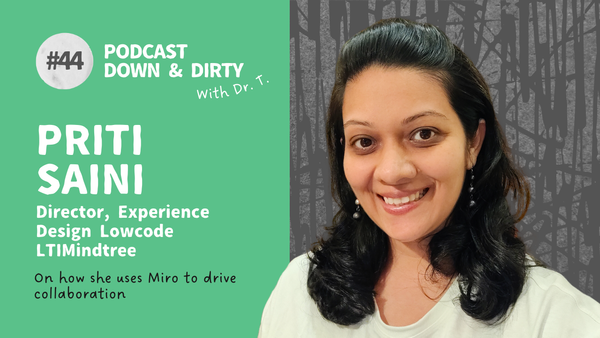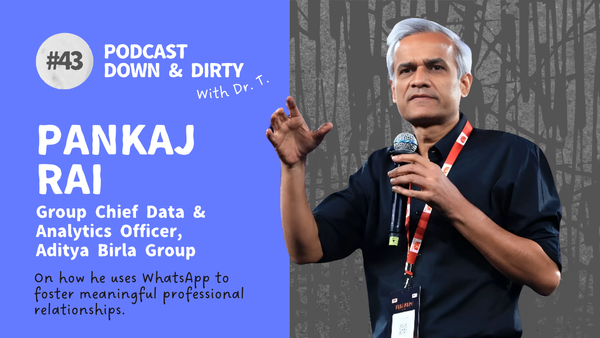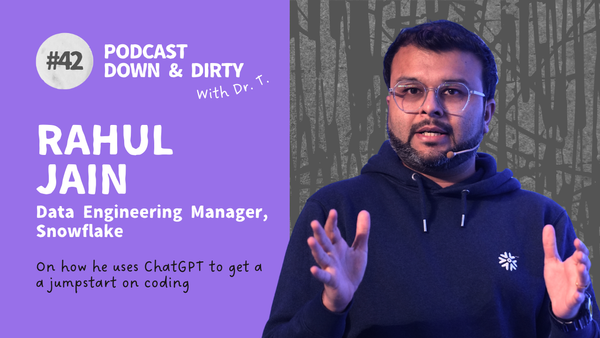Mapping the opportunity space for student mental health services
This analysis piece explores the relationship between education, mental health and imagined futures of students pursuing higher education in India. Analysis is based on primary research done by Poocho with students enrolled in online and offline classes.

Written by Dr. Taapsi Ramchandani
In the wake of classes moving online, students have been struggling with everything from the lack of socialization, self-motivation, academic uncertainty and technological adoption. Since last year, mental health advisory panels and guidelines have been set up in India by the likes of NCERT and CBSE to ease intense academic pressure, cut-throat college competition, and consequent impact on school students’ mental and physical wellbeing.
In our conversations with students and young adults on the cusp of employment, mental health and the pursuit of happiness figured prominently in their aspirations for the future.
Mentorship and counseling needs are different from doubt-solving
For students, mentorship is dynamic, interactive and in real-time. Mentors offer customized solutions, take the time to listen, and offer counseling in academic and personal matters affecting the overall wellbeing of the student.
What students are saying:
Guided guidance, guidance, anytime guidance. Guidance is something that any person would miss. Due to a lack of proper guidance, people don't reach their full potential. That's a fact I think that applies to all individuals in every field. Even if you have some direction, you need to have a proper guide. I mean, someone who doesn't just guide you, but takes care of you as a senior.
Personal problems... abhi main ek saal se ek room mein pada hua hoon, kuch ho nahi raha hai. Abhi depressing period hi chal raha hai. Main counselling le raha hoon (Trans.: For the past one year... I’ve been lying in a room. Nothing is happening. It’s a period of depression. I’m going for counselling and therapy). So these are the things you need a counsellor regarding or your mental health. In India right now, mentally sab pareshan hain (Trans.: Mentally, everyone is screwed), but they don't know they are suffering like that.
To add on a counsellor on board because... uh... at times, whenever we are frustrated, or you know, drained out, we need somebody to talk to and if we have an experienced person, that will actually help other than the friend and a mentor.
For all the innovations in education, mental health management is a missed opportunity
There is tremendous room for integrating mental health services with education, especially online forms of education where students are likely to study alone, lack peer-to-peer interactions and are likely to seek out online forums for answers in the absence of a dedicated listener and counselor associated with their educational institution.
How students envision a future that is mental health inclusive:
I've seen like a lot of people outside India using this (7 Cups app)...mostly from the US, where we know therapy is more talked about...is more normalised. We (Indians) are just trying to get used to the idea of being able to talk about therapy as a whole. I've been on that app since I was 14, but I’ve not seen a lot of people from India.
Having a counsellor is helpful with this is, you know, you're getting professional help out there. Like, if I don't... if I have an issue with my mentor, like she's not keeping a track of my performance, I cannot go in tell her. I cannot reach out to the authorities altogether. And even if I share it with my friends, they then do put it forward like baat baat mein bata dena. Sideline karke hota rehta hai. (Trans.: Pointing everything out, snitching, or sidelining the real issues.) But if we have a counsellor on board they would take charge at least.
So let me give you an example that if a person is mentoring that course. Okay? So they should post a video about what's there in the subject, and how will they teach that subject, and what will be the sub-content in the subject. If they improve that, of course, then students will, of course, enroll in that subject
There is a straight line connecting the desire to take a “gap year” with mental health stresses
Feeling the burnout of exams, loneliness and uncertainty around their future, some students are choosing breaks in their education journey, embracing the “gap year” to (re)discover themselves. This was not a common phenomenon amongst our sample size by any means but the fact that it’s surfaced in conversations is indicative enough of a signal to watch out for.
How students talk about focusing on themselves:
For the time being, I am just completely focusing on getting this degree... you know that this will be my last one month… kaafi pressure hai hum bachchon pe [Trans.: there is a lot of pressure on us kids], but I am not taking any pressure because I want to take a drop year. I don't want to do a masters right now. Like I cannot, I don't think I am made to be a psychologist.
But when I turned 18, I was very confused as to what I wanted to do with my life in terms of my career, because I've always knew what I wanted to do, I've always been that person who plans everything. So I wanted to be a writer. But then I realised that my writing is more of a hobby, than a career choice because I write my feelings and not on-demand, and that wasn't a career opportunity… So I took a year off from studying, and I did a lot of internships to figure out what exactly I wanted to do.
I have decided to think only now where I have to see myself in the future... I know where I want to go, and where I need to go but how to get there and what is the way is what I am still trying to understand.
Indeed, the forced isolation during COVID-19 has led to strengthening and building existing resources across some educational institutions. Schools are expanding the “guidance counsellor” role from simply discussing careers to incorporate holistic wellbeing which also includes sex-positive education. But how effectively these practices will be incorporated and institutionalized, only time and the voice of the student will tell.



